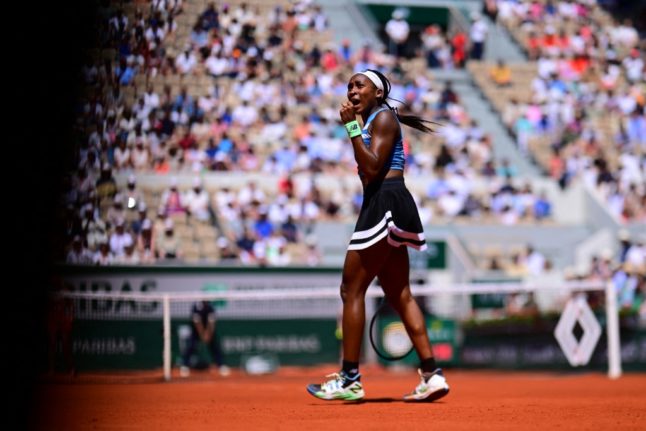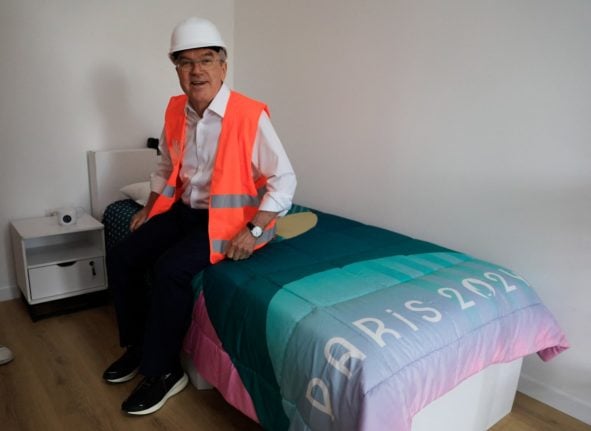In 2022, only one of 10 night sessions at Roland Garros featured a women’s singles match.
This year saw the first six nights also feature only men’s singles with Sunday’s last-16 clash between Aryna Sabalenka and Sloane Stephens set to be the first women’s match at the seventh time of asking.
“I don’t know if the night session amongst the players is a popular hotspot, to be honest,” said American world number six Gauff.
“I guess for the TV and that’s the prime spot, maybe yes, it does suck in that sense. But amongst the players and from my conversations, I don’t think a lot of people want that spot just because it is a late night.”
The 19-year-old added: “I don’t know if Sloane or Aryna wanted to play at that time, but I know the ones I spoke to, no one really wants the night session.
“We we were happy with the men taking it.”
Last year, tournament director Amelie Mauresmo, a former world number one and two-time Grand Slam title winner, caused a stir by saying men’s matches were more attractive. However, she insisted her remarks were taken out of context.
On Saturday, there were reports that fans were offering their Sunday night session tickets back for resale.
Men’s world number one Carlos Alcaraz and 22-time Grand Slam champion Novak Djokovic are both playing in the day time on Sunday.
They form part of a three-match daytime session on Court Philippe Chatrier with the most expensive ticket, according to the tournament’s own website, priced at €245 — an average of just over €80 per match.
The one match on Sunday evening, however, comes with a top price of €180.
World number seven Ons Jabeur believes the best way forward is to follow the lead of the Australian and US Opens and schedule a men’s and a women’s match side-by-side in the night sessions.
That would mean an earlier start than the current 2030 (1830GMT) slot or run the risk of ending deep in the early hours of the following morning.
Saturday night’s match, which saw Alexander Zverev defeat Frances Tiafoe in four sets, finished at 0015 local time on Sunday (2215GMT).
“It was high time to put a night session with a female match. It’s a bit strange that we didn’t have the two matches, man and woman,” said Tunisian player Jabeur.
The Wimbledon and US Open runner-up in 2022 believes public perceptions of women’s tennis need to drastically change.
“People just judge that it’s gonna be a crappy match. But it’s not the case. There are a lot of extraordinary matches,” she said.
“I met many people who say, Well, the female matches, blah, blah, blah, and I ask them, Did you watch a female match? They said no. How can you judge a female match without watching it?”
“I hope that the stadium will be full tomorrow.”



 Please whitelist us to continue reading.
Please whitelist us to continue reading.
Member comments